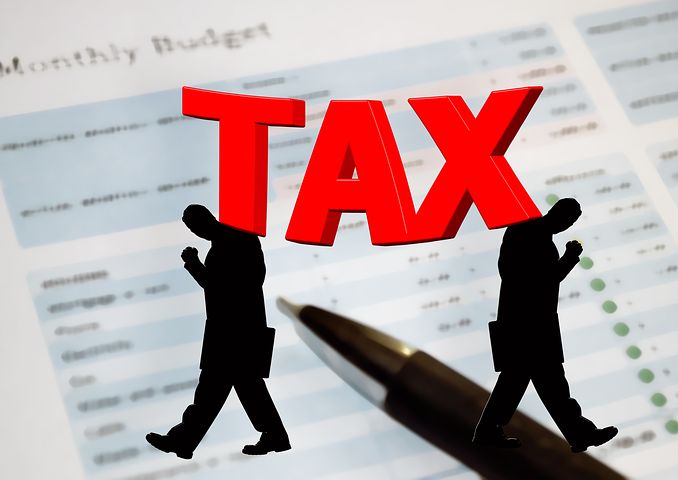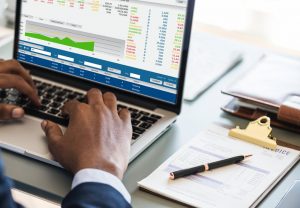For retirees who are able to access local self managed super fund accountants, they soon discover that their expertise and guidance is invaluable.
Many participants across Australia will take a generic superannuation account at face value, unable to see the bigger picture or make sense of a complicated exercise.
Fortunately these practitioners have the skill set to manage the project on a micro and macro level for their clients.
We will outline why these specialists are necessary to deal with for constituents who want to know more and what to be able to enjoy their retirement stress-free.
Helping to Establish The Account
Self-managed super fund accountants are ready and available for step one of the exercise, ensuring that there is nothing that slips between the cracks or is lost in translation. Before offering a blanket service when an account is established, they will firstly take onboard the circumstances of the client and determine if this strategy is suitable for them. They will outline what options are on the table, assess which structure is applicable and how key assets and income streams can be consolidated to avoid a logjam of various accounts.
Identifying The Best Investment Options

From the amount of contributions and the types of contributions that are made to the inclusion of investment options, self-managed super fund accountants help to establish an effective plan of attack. They will determine what program will work best for the participants, bringing any collectibles, shared, deposits and property into the package. There will be loopholes and opportunities that present themselves with stock options and diversifying the portfolio to different fields. That is where their value is truly sourced, opening new doors and pathways that would otherwise remain closed.
Minimising The Paperwork Hassles
While there will be a need to review and sign key documents, the actual assortment and management of paperwork is overseen by self-managed super fund accountants. This can be a strenuous logistical exercise from the outset, collating a range of different application forms, tax returns, certification documents and other elements that have to be kept on record. From saving this information in one secured location and saving hard and digital copies respectively, these operators will know how to protect such sensitive data.
Taking Control of Tax Implications

Dealing with the Australian Tax Office (ATO) is a key duty that self-managed super fund accountants will help to oversee for their customers. This is where some legal risks are in play if there are claims wrongly lodged, streams of income not accounted for and documents that are left incomplete without being rectified by the right bodies. Whether the matter involves franking credits, earnings or tax liabilities, they will be able to expertly manage the case on their client’s behalf.
Running Audits
Self-managed super fund accountants will oversee a program for their clients where their tax lodgments have been subjected to a comprehensive audit. Assets will be correctly valued to ensure that there are no inconsistencies with the returns, giving local constituents peace of mind that their finances have been subject to the same scrutiny as any investigations that could be run by ATO authorities.
Close an Account
When a client decides that they no longer require a SMSF (self-managed super fund), they wish to transition to a new form of retirement portfolio or they have deceased and the assets are now part of the state for the beneficiaries, it is the role of the accountant to handle these details. Self-managed super fund accountants will be able to contact the next of kin if they have passed as well as dealing with the client directly should they wish to find another option for their savings.
